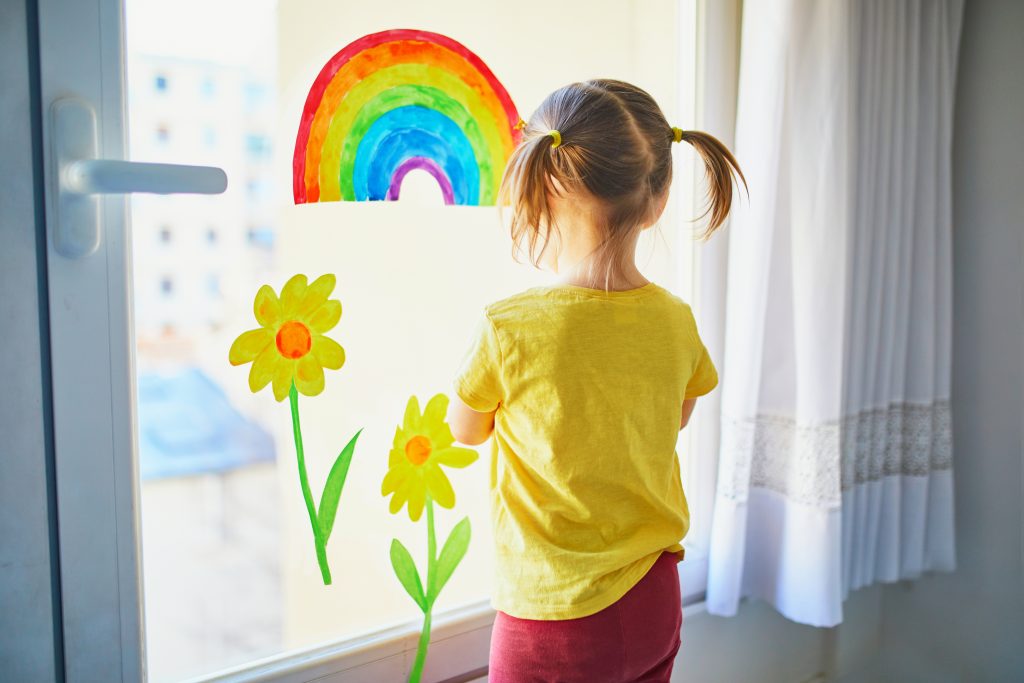
I met my best friend in a philosophy class at Concordia University in 1981. Our professor Ed Egan drilled into us that the word ‘hope’ is chronically misused and we should never be caught maligning the word ourselves.
To this day, I hesitate to use the word at all in case someone misunderstands what I’m saying. Over the decades, it’s been a running joke between Sue and me.
Whenever we hear the word “hope”, we look at each other and say in unison: “Egan!”
Yes, I’m ready
What is hope? What was Ed talking about?
Hope is the motivation to work toward a meaningful goal. It’s the motor behind the actions you take to create great outcomes.
Hope is married to reality. The facts about the situation inform your strategies. Without strategies based in reality, hope devolves into wishful thinking.
Hope is a solid commitment to a vision of the future, backed up with action. It’s active and clear. Wishful thinking is passive, devoid of strategy or agency.
Hope can exist alongside despair. Hope will always show itself again if you persevere along your chosen path.
Hope increases agency. Hopeful people actually take actions that are more helpful to themselves.
Hope is different from optimism. Hope is strategic action toward a goal, while optimism is a generally positive outlook based on luck or the actions of others.
Hope provides a powerful dose of motivation when the odds feel daunting.
Do you want to grow more hope?
Create a Hope Plan
Ask yourself:
? What is one goal you hope to achieve in the future?
? What small actions can you take to move you closer towards this goal?
? Write down 3 short sentences that will help remind you of your capabilities such as, “I am capable and resourceful.”
Choose to pay attention to how you hope. Ed would be proud of you.
Yes, I’m ready




 Love Boldly – Step Back without Guilt
Love Boldly – Step Back without Guilt



